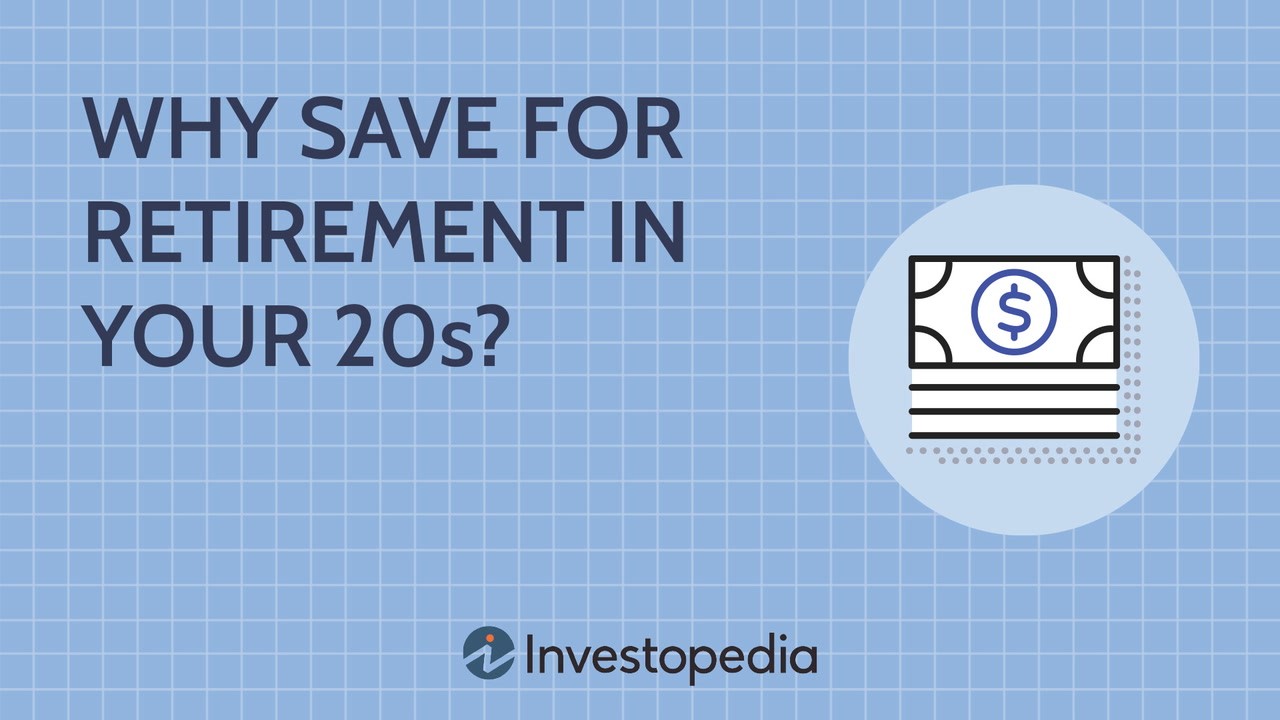The ubiquitous plastic card, offering unparalleled convenience and immediate purchasing power, has become an indispensable tool in modern financial life. Yet, beneath its gleaming surface lies a potent double-edged sword. While responsibly managed credit cards can be powerful instruments for building credit and enhancing financial flexibility, the insidious creep of credit card debt can cast a long, dark shadow over an individual’s financial future, undermining aspirations and imposing significant stress. Understanding the profound and far-reaching impacts of this particular form of debt is paramount for anyone navigating the complexities of personal finance, particularly in a developing economy like Myanmar where financial literacy might still be evolving.
One of the most immediate and damaging consequences of credit card debt is the **erosion of your financial resources through high-interest rates**. Unlike a mortgage or an educational loan, credit card interest rates are typically among the highest forms of debt, often ranging from 15% to 25% or even higher. When balances are carried month to month, this high interest rapidly compounds, meaning you’re paying interest not just on your original purchase, but also on the accumulated interest. This can quickly turn a seemingly small purchase into a much more expensive item, trapping individuals in a vicious cycle where a significant portion of their monthly payment goes towards interest rather than reducing the principal. For a young professional in Yangon who might rely on credit cards for unexpected expenses, failing to pay off the balance can mean that a relatively minor bill balloons into a substantial financial burden, diverting funds that could otherwise be saved or invested.
Beyond the immediate financial drain, significant credit card debt can **severely damage your creditworthiness**. While formal credit scoring systems in Myanmar are still in their nascent stages compared to more developed economies, banks and lending institutions increasingly look at an individual’s repayment history and debt levels when assessing applications for larger loans. High credit card utilization (using a large percentage of your available credit) signals to lenders that you are potentially overextended or reliant on credit. This can lead to rejections for mortgages, car loans, or even business loans, or result in less favorable terms, such as higher interest rates, should you be approved. A poor credit history, even if not formally scored, creates a perception of unreliability, making it harder to secure future financial products essential for major life milestones.
Furthermore, the burden of credit card debt can create significant **stress and psychological strain**. The constant worry of mounting bills, the pressure of making minimum payments, and the feeling of being trapped in a financial hole can take a heavy toll on mental and emotional well-being. This stress can impact productivity at work, strain personal relationships, and even lead to health issues. The emotional weight of debt can also foster a sense of hopelessness, making it even harder to initiate positive financial changes. Imagine a family in Myanmar constantly worrying about their credit card bills after unexpected medical expenses; this financial anxiety can permeate all aspects of their daily life, detracting from their overall quality of life.
Credit card debt also **hampers your ability to save and invest for the future**. Every Kyat allocated to paying down high-interest credit card debt is a Kyat that cannot be directed towards building an emergency fund, saving for a down payment on a home, or investing for retirement. The compounding effect of debt works against you, while the compounding effect of investments is what builds wealth over time. By diverting funds to debt repayment, you effectively miss out on potential investment gains, costing you exponentially more in lost opportunity over the long run. This can delay significant life goals, such as buying a home, funding children’s education, or achieving financial independence, pushing them further into the distant future.
Moreover, in a less formal but equally impactful sense, credit card debt can **limit your career and lifestyle opportunities**. Some employers, particularly in financial or security-sensitive roles, may conduct background checks that include financial history, and excessive debt could be a red flag. It might also make it difficult to pursue entrepreneurial ventures that require personal capital or a clean financial slate. The need to maintain employment solely to service debt can limit your flexibility to take risks, pursue passion projects, or even consider jobs with lower immediate pay but greater long-term growth potential. Your choices become dictated by your creditors, rather than your aspirations.
In conclusion, while credit cards offer undeniable convenience, their misuse can have profound and lasting negative impacts on an individual’s financial future. From the insidious drain of high-interest rates and the damage to creditworthiness to the psychological burden and the stifling of future opportunities, the consequences of unmanaged credit card debt are far-reaching. Cultivating financial discipline, prioritizing paying off balances in full, and understanding the true cost of carrying debt are not just good practices; they are essential safeguards against jeopardizing your long-term financial health and ensuring a future where you control your money, rather than your money controlling you.




